Venezuela opposition officially removes US-backed Guaido, dissolves so-called interim government
Venezuela's opposition lawmakers have officially removed US-backed opposition figure Juan Guaido and dissolved his so-called “interim government” amid reconciliation efforts with the democratically-elected government of Nicolas Maduro prior to the 2024 elections.
The now-defunct opposition-controlled National Assembly agreed on Friday to eliminate the “interim government” of Guaido with 72 votes in favor, 29 against, and eight abstentions.
Three of the four major Venezuelan opposition groups — Justice First, Democratic Action and A New Era — backed the ouster of Guaido as well as the creation of a five-member commission to manage the country’s foreign assets, especially US-based refiner Citgo, a subsidiary of state-owned oil company PDVSA.
Guaido, whose Voluntad Popular party rejected the effort, had urged the lawmakers at the National Assembly to replace him instead of dissolving the “interim government.”
The decision was made within the framework of peace talks between the Maduro administration and the country’s opposition groups to promote national unity and advance the recovery of the Latin American state from years-long US-imposed bans.
Back in November, Maduro's administration and the country's opposition reached a long-delayed "social protection agreement" aimed at easing the drawn-out political and humanitarian situation in the country, with the deal focusing on education, health, food security, flood response, and electricity programs.
Last year, the two sides held several rounds of negotiations with the mediation of Norway in Mexico, but practically it did not bring any favorable results.
After the agreement, the two sides asked the United Nations to manage a fund, worth billions of dollars seized in foreign banks over US sanctions, in an effort to ease the country's protracted political and humanitarian situation.
Responding to the move, the US Treasury Department issued a license for Chevron, the second largest US oil company, to expand operations in Venezuela, allowing it to import Venezuelan crude into the United States.
The oil-rich Latin American country began going through a downward spiral of poverty as well as social and developmental stagnation in 2018, when the West, led by the US, and its favored Venezuelan opposition contested Maduro's victory in the presidential election.
Following the election, Western countries began slapping Caracas with a slew of backbreaking sanctions, which have been responsible for spawning the dire economic situation in the country, with millions having fled Venezuela since the onset of the crisis.
More than 7.1 million Venezuelans, as UN estimates show, have left their country and migrated to other Latin American countries or the US amid Venezuela’s high inflation as well as food and medicine shortages following Washington’s crippling sanctions.
VIDEO | 39th AU summit opens in Addis Ababa with focus on water security, peace, and development
VIDEO | Iran: The stronghold Washington lost
Anti-Iran ‘Munich circus’ shows Europe has lost geopolitical weight: Araghchi
Swiss to act as venue of next round of Iran-US talks: Report
Report: Over 50,000 soldiers fighting in Israeli military hold foreign citizenship
Danish PM warns US attack on Greenland would spell end of NATO
Power running out at key Gaza hospital, ICU patients at risk: Report
VIDEO | Press TV's news headlines


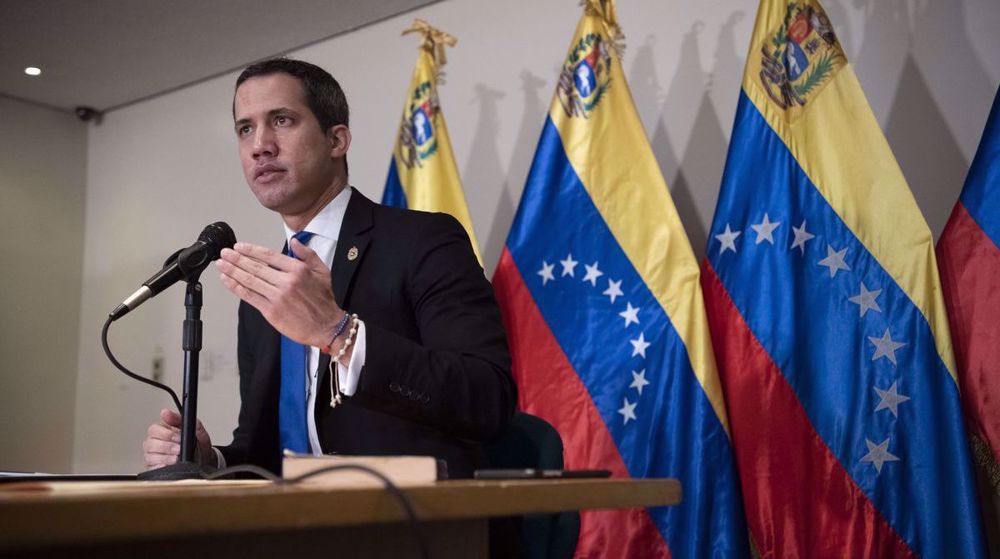
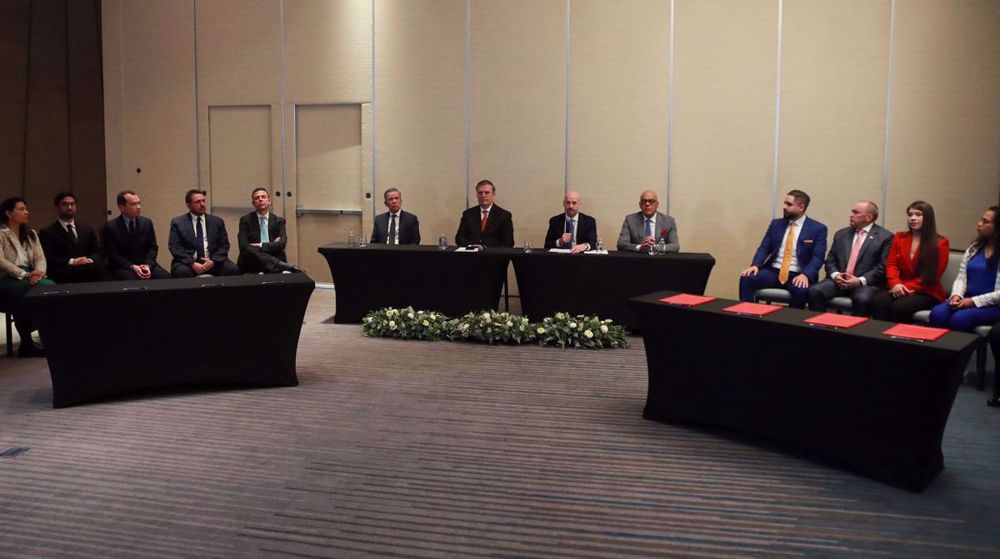
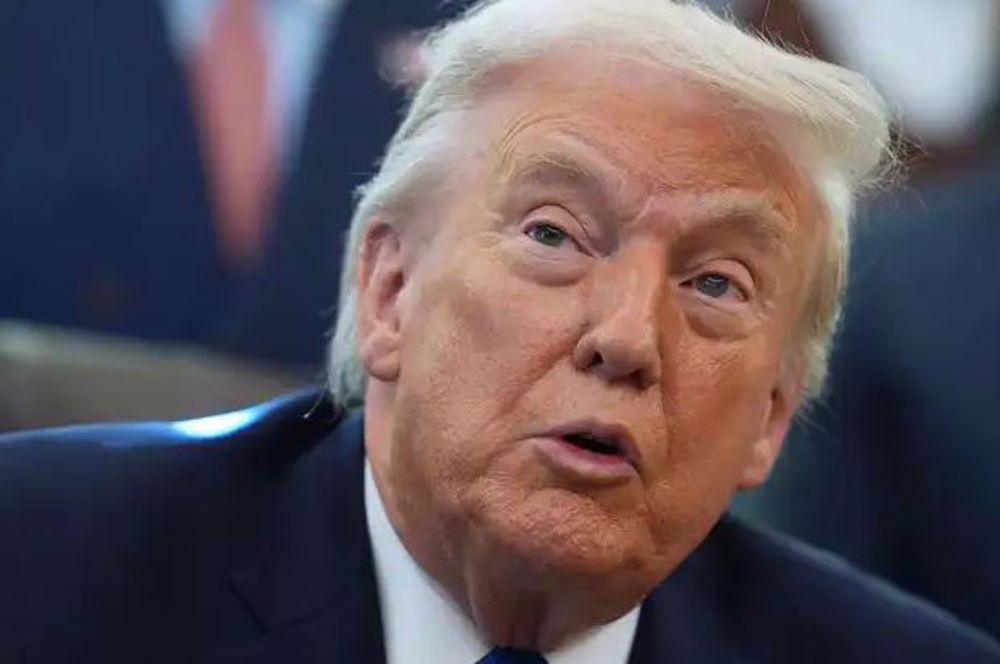
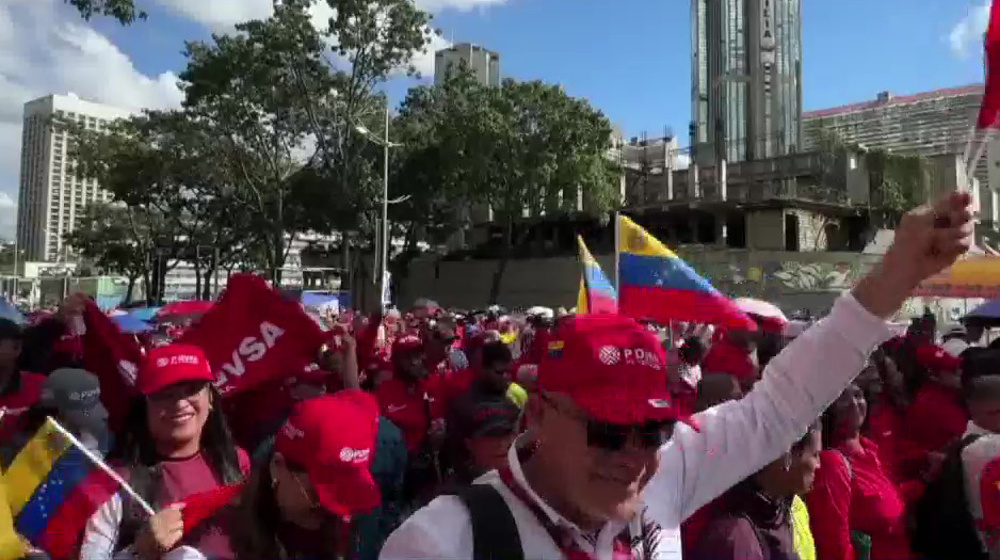
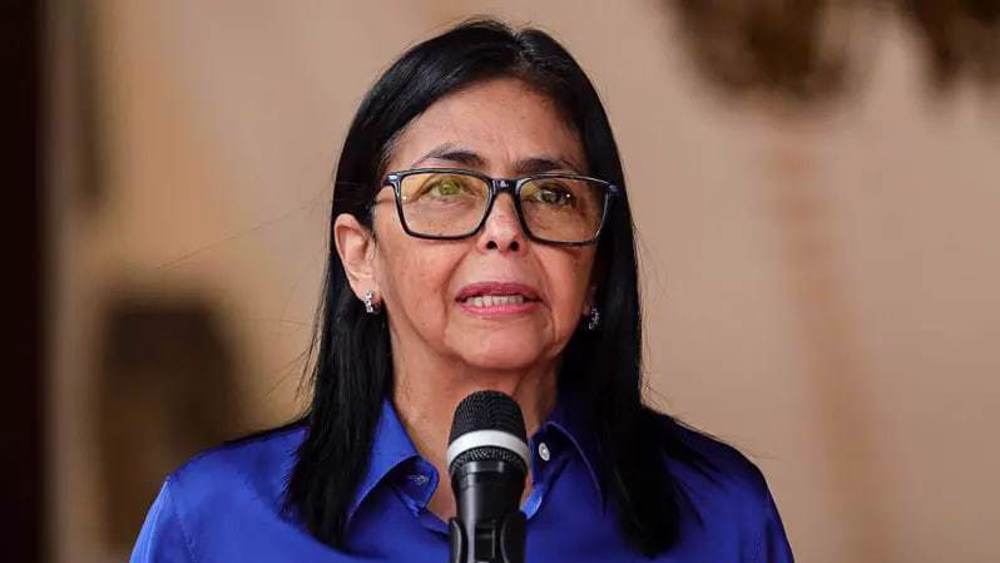



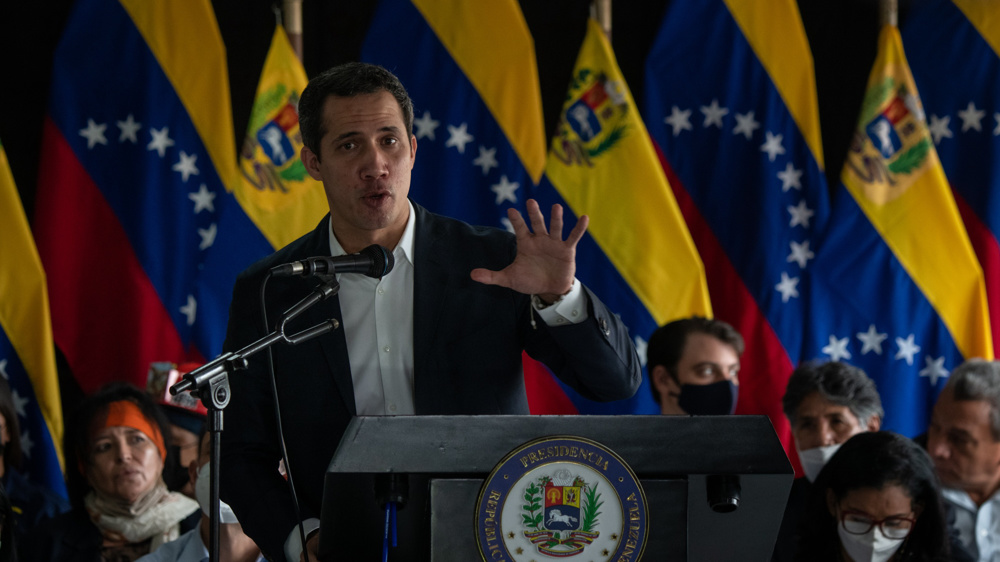
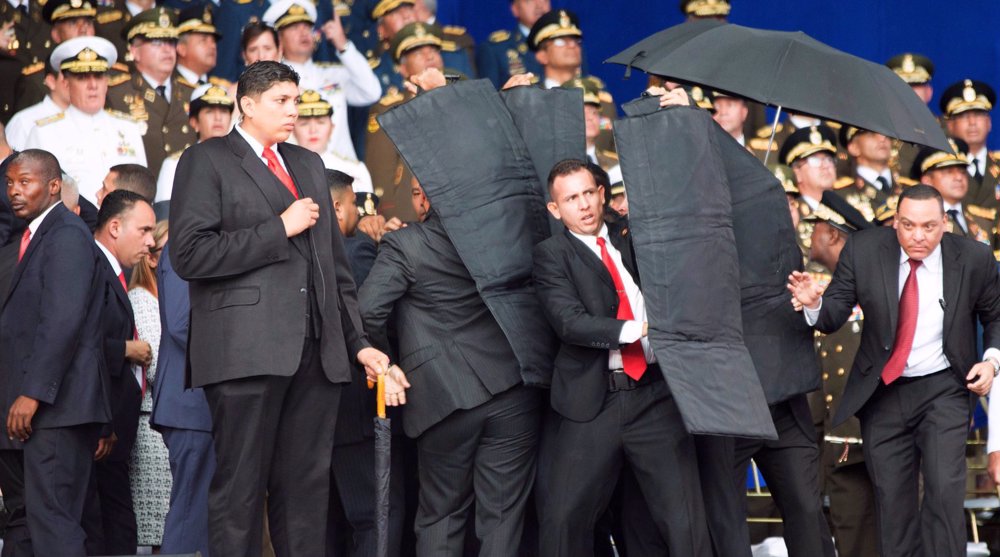
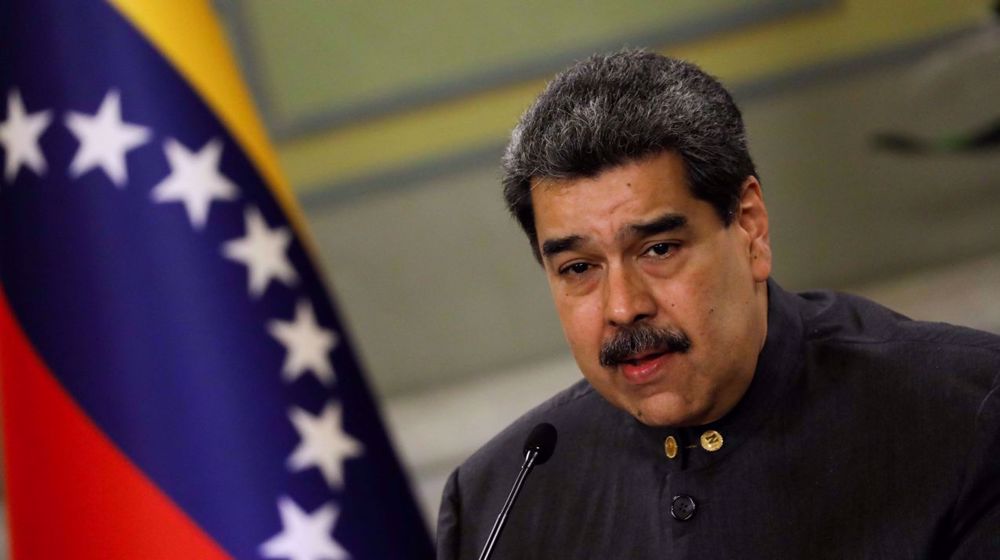
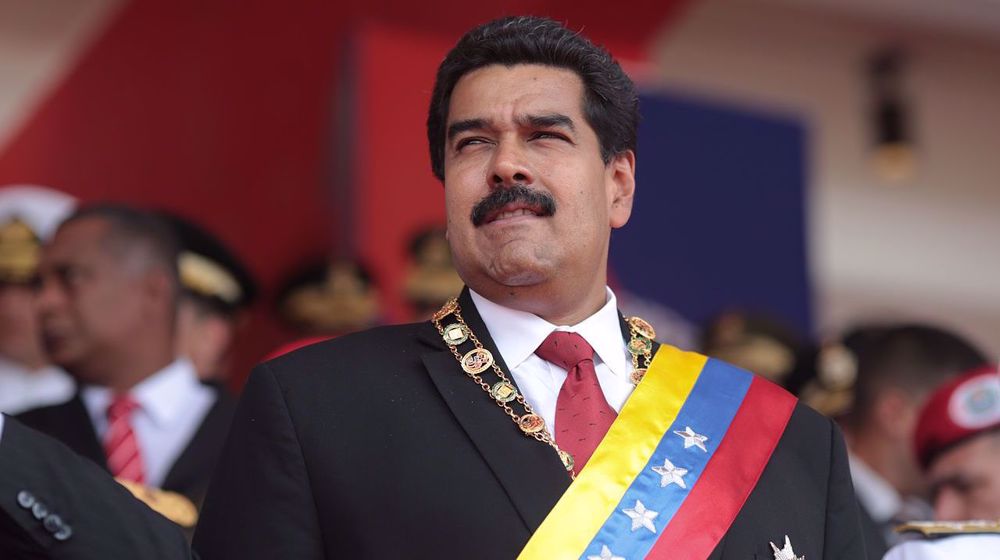
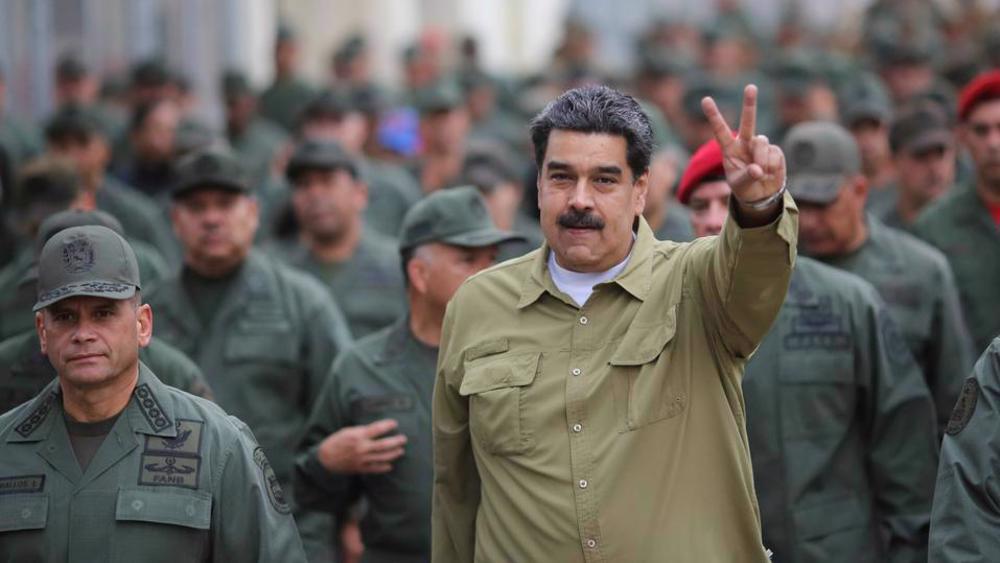

 This makes it easy to access the Press TV website
This makes it easy to access the Press TV website